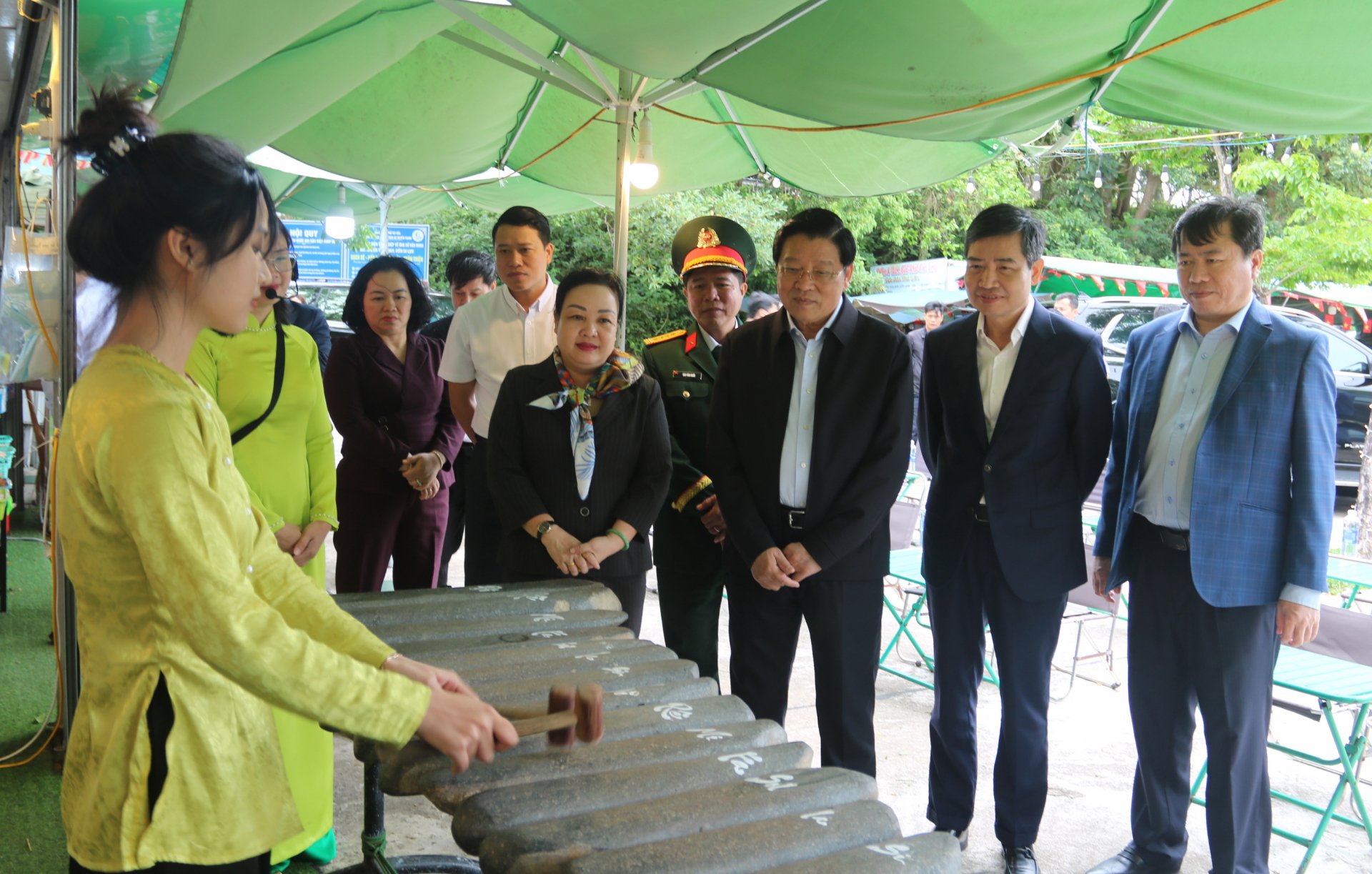 |
| Comrade Phan Dinh Trac, Politburo member, Secretary of the Party Central Committee, Head of the Central Internal Affairs Commission, along with the Standing Committee of the Provincial Party Committee and the Standing Committee of the Provincial Party Committee, enjoyed the art of Phu Yen lithophone at the Nhan Tower National Special Relic. Photo: HA MY |
Unique culture of Phu Yen land
The place name Phu Yen appeared during the time of Lord Nguyen Hoang, before that it was the kingdom of Hoa Anh (present-day Phu Yen, Khanh Hoa ) and the kingdom of Nam Ban (Central Highlands) during the time of Le Thanh Tong's conquest of the South to pacify the Cham in 1471. Our ancestors used the word "Phu Yen" to name the new land when they first established the village, also to promote and attract people to follow and expand the territory (Phu means rich, Yen means peaceful). When writing about this land, poet Quach Tan had a few lines: "Good land, diligent people, Phu's intelligence/ Harmonious and frugal nature, living in Yen".
Phu Yen is a strip of land with a turbulent history from the second half of the 15th century to the beginning of the 19th century. If we count from the beginning when the migration led by Lord Nguyen sent Luong Van Chanh to cross Cu Mong Pass, south of Tuy Vien district at that time (belonging to Binh Dinh today) to the new land to expand the territory to the South, it has been 416 years (The decree of Governor Nguyen Hoang to Phu Nghia Marquis Luong Van Chanh in 1597 is still preserved at Luong Van Chanh temple in Phu Yen).
Besides, Phu Yen is also known as a land of cultural depth. The province has 23 national historical and cultural relics, more than 50 provincial cultural relics in the community of 34 ethnic groups. Some relics and places are associated with the names of famous historical figures such as: Da Bia associated with the legend of King Le Thanh Tong's journey to open up the South; Temple of patriot Le Thanh Phuong; An Tho Citadel, the birthplace of comrade Tran Phu - the first General Secretary of the Communist Party of Vietnam; Chop Chai Mountain, where Phu Yen's army and people rescued Lawyer - President Nguyen Huu Tho...
The people of Phu Yen are simple, gentle, hospitable, and loyal… considered a unique “specialty” of Phu Yen. Throughout historical periods, generations of Phu Yen people have continuously strived to overcome difficulties, hardships, and sacrifices to protect and develop this beloved land.
Unique cultural heritages such as folk songs of Bai Choi (along with some provinces of the South Central Coast recognized by UNESCO as intangible cultural heritage of humanity), Ho Ba Trao, Go Thi Thung horse racing... have created a unique feature for this land. In particular, the province has unique heritages that are rare in other places such as: Tuy An stone trumpet and lithophone dating back about 2,500 years; double drum, triple gong, and five gong musical instruments. In addition, traditional craft villages such as fish sauce processing, stone snail handicraft products, coconut shells... Phu Yen cuisine is also extremely rich and unique such as: one-sun beef, ocean tuna eyes, Song Cau jumping snails, blood cockles, O Loan lagoon oysters...
Phu Yen is likened to a giant room, to the north is the Cu Mong range, the border between Binh Dinh and Phu Yen, where the famous Ma Do tea variety is found. To the south is the Dai Lanh range, the border between Khanh Hoa and Phu Yen, with Thach Bi mountain known as "the first pillar of the south" (referring to the rock slab on Thach Bi mountain about 80m high, still visible from afar). To the west is a semi-mountainous area, gradually rising and bordering the Central Highlands; there is also the Van Hoa plateau with a cool climate, considered "Da Lat of the coastal region". To the east is 189km of coastline stretching from Xuan Dai Bay to Hon Nua, creating a wild and majestic natural picture, attracting tourists. With such a shape of rivers, mountains, plains, and seas, nature has almost bestowed upon Phu Yen many potentials and advantages.
Moreover, the people of Phu Yen are simple, gentle, hospitable, and loyal… considered a unique “specialty” of the land. Throughout historical periods, generations of Phu Yen people have continuously strived to overcome difficulties, hardships, and sacrifices to protect and develop this beloved land.
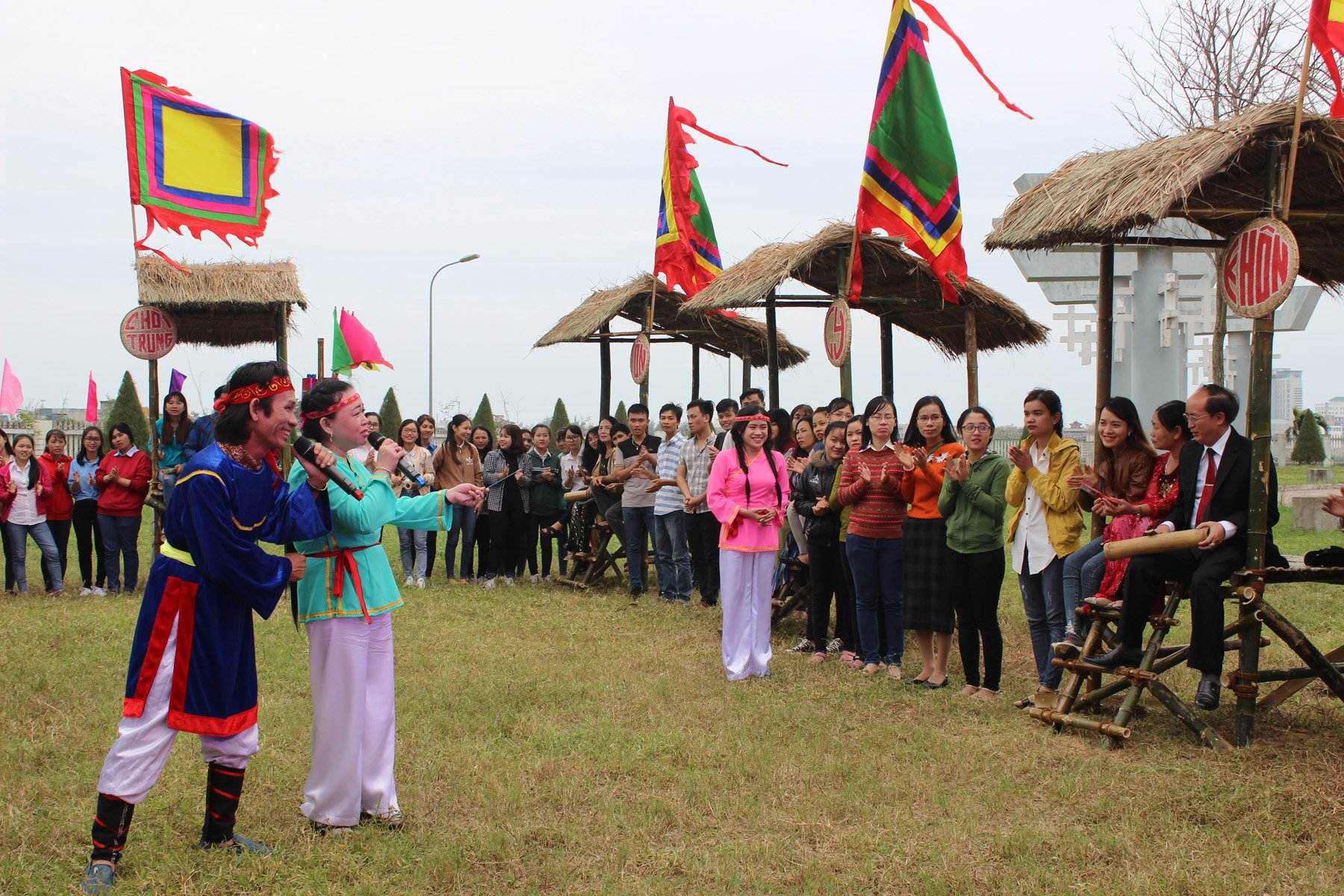 |
| The Bài Chòi Festival is an opportunity to introduce and promote the heritage value of Bài Chòi Art in Central Vietnam in general, and of Phú Yên in particular, to domestic and international friends. Photo: HÀ MY |
Promoting the endogenous power of culture
The Resolution of the 13th National Party Congress determined: “Taking cultural values and Vietnamese people as the foundation, the important endogenous strength to ensure sustainable development. Building Vietnamese people with comprehensive development, closely and harmoniously linking traditional values and modern values” is the top priority task to develop the country quickly and sustainably. General Secretary To Lam also emphasized: “Culture is a special product of people and the nation. Preserving and promoting the strength of culture is an area that any country must pay attention to because this task is closely linked to social development, enriching the spiritual life of the people and the effective operation of the State”.
Specifically, according to the central government's viewpoint, Phu Yen province has many activities to preserve and promote cultural heritage associated with tourism development, contributing to preserving the nation's fine traditional cultural values, improving the quality of people's lives. An important factor that Phu Yen province identifies in sustainable development is the human factor. People are the beneficiaries of development, but people are also the subjects that create development. During the 2020-2025 term, along with building a team of cadres at all levels equal to the task, Phu Yen province also implemented the Action Program on human development with the goal of building Phu Yen people to develop comprehensively associated with knowledge development, physical development, moral qualities, and knowledge of social skills.
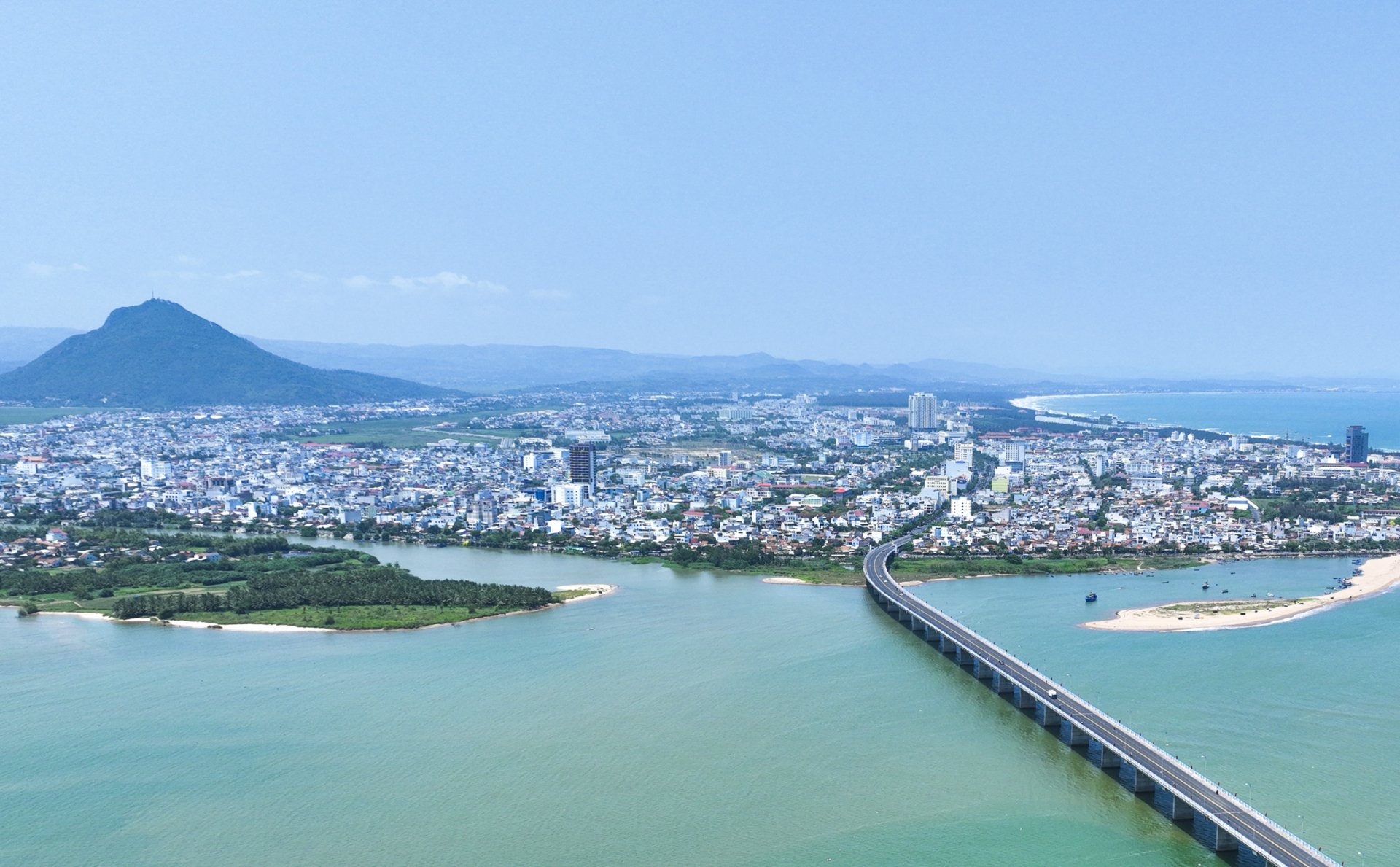 |
| Phu Yen land with more than 415 years of formation and development has left many marks in the historical process of the Vietnamese people. In the photo: Tuy Hoa urban area, located on the banks of the Da Rang River, is on the way to develop and become a modern urban area. Photo: NGOC THANG |
When Phu Yen merged with Dak Lak, opening up a new development space, many people expressed concern that the new province would lose the cultural identity of the land of Phu Yen. However, merging with Dak Lak does not mean that Phu Yen will lose its local cultural identity, but rather to elevate the locality; it does not mean erasing history, but rather writing a new chapter on a larger scale and higher level. Building and developing a strong, sustainable homeland with a strong cultural identity is the dream of many generations of ancestors. Now, that dream has become stronger than ever, when it is the resonance of the dreams of two lands merging into one, creating a greater combined strength as General Secretary To Lam advised.
Culture can only be an endogenous strength when each person can contribute to the common development, helping to enhance the value and effectively promote existing resources. For the cultural and historical beauty of Phu Yen land to shine forever, each Phu Yen resident needs to continue to build, preserve and promote. When the love for national culture, the love for the homeland is spread and strongly promoted, each resident will be a cultural ambassador with a sense of responsibility to preserve and bring the culture of this beloved land to new heights, truly becoming the spiritual foundation, the driving force for development in the new era - the era of national growth.
Source: https://baophuyen.vn/van-nghe/202506/vung-dat-cuachieu-sauvan-hoa-va-be-day-lich-su-3a44221/


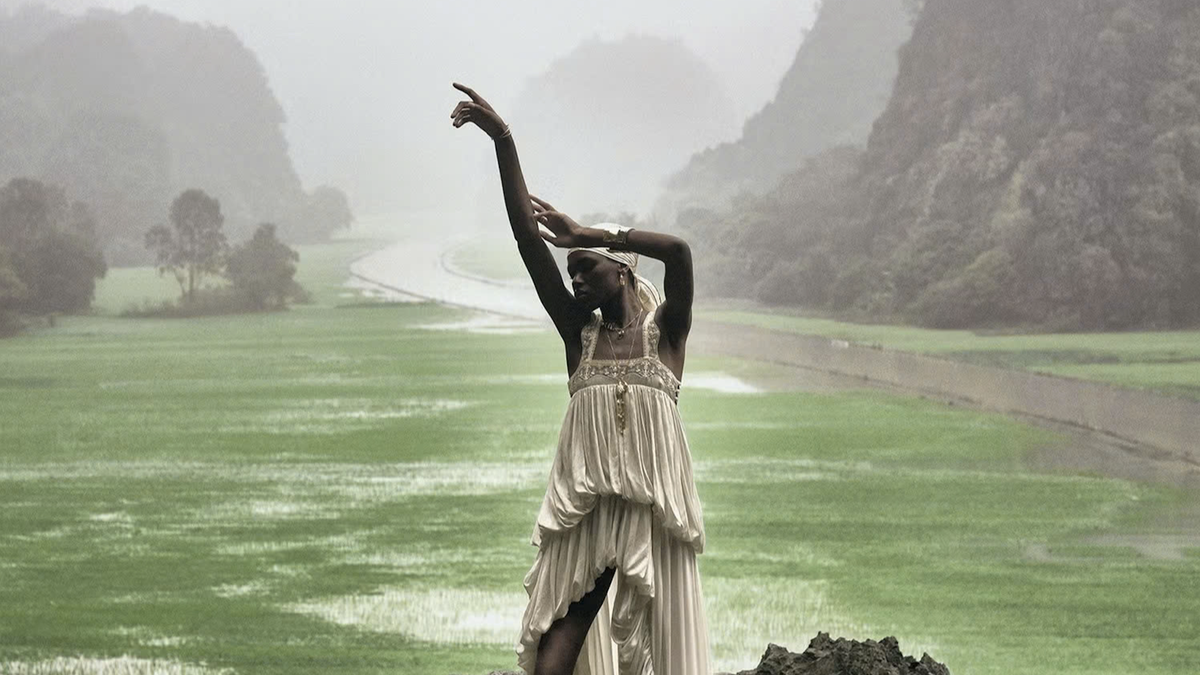
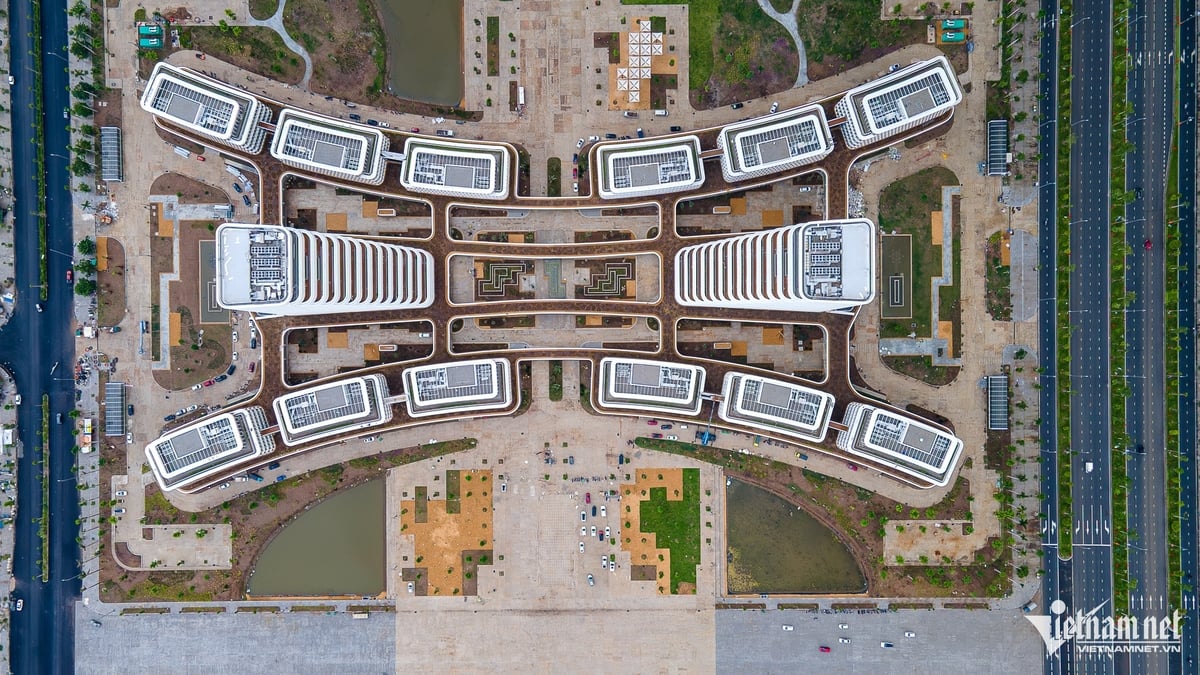

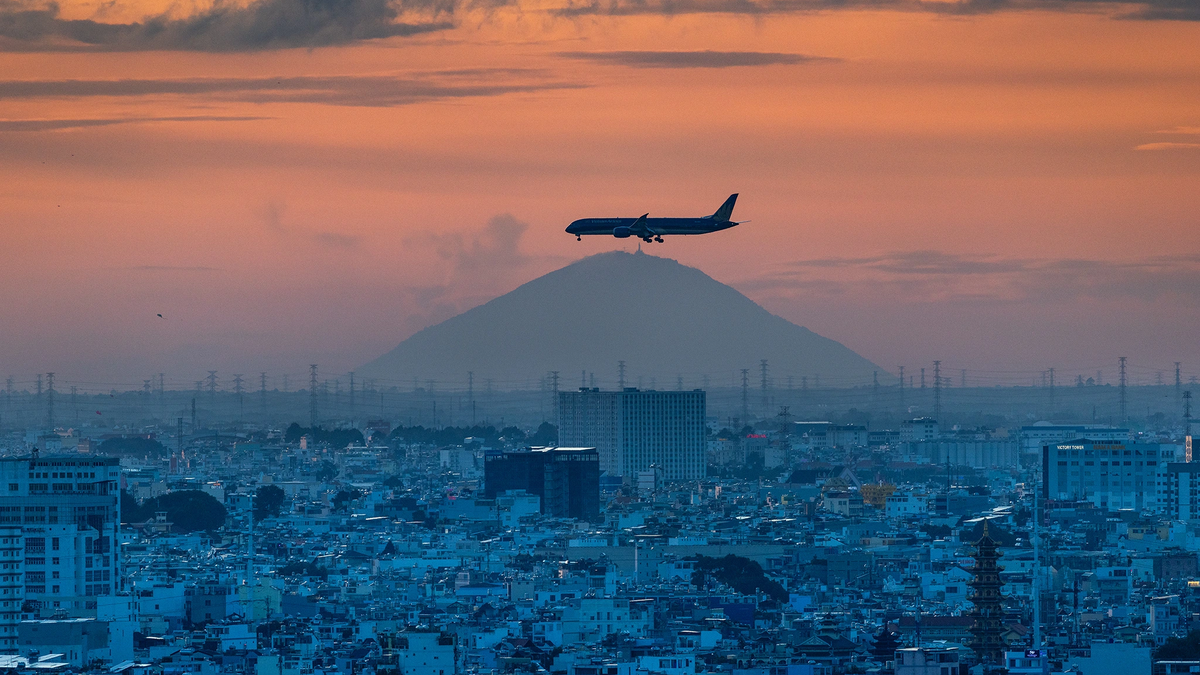
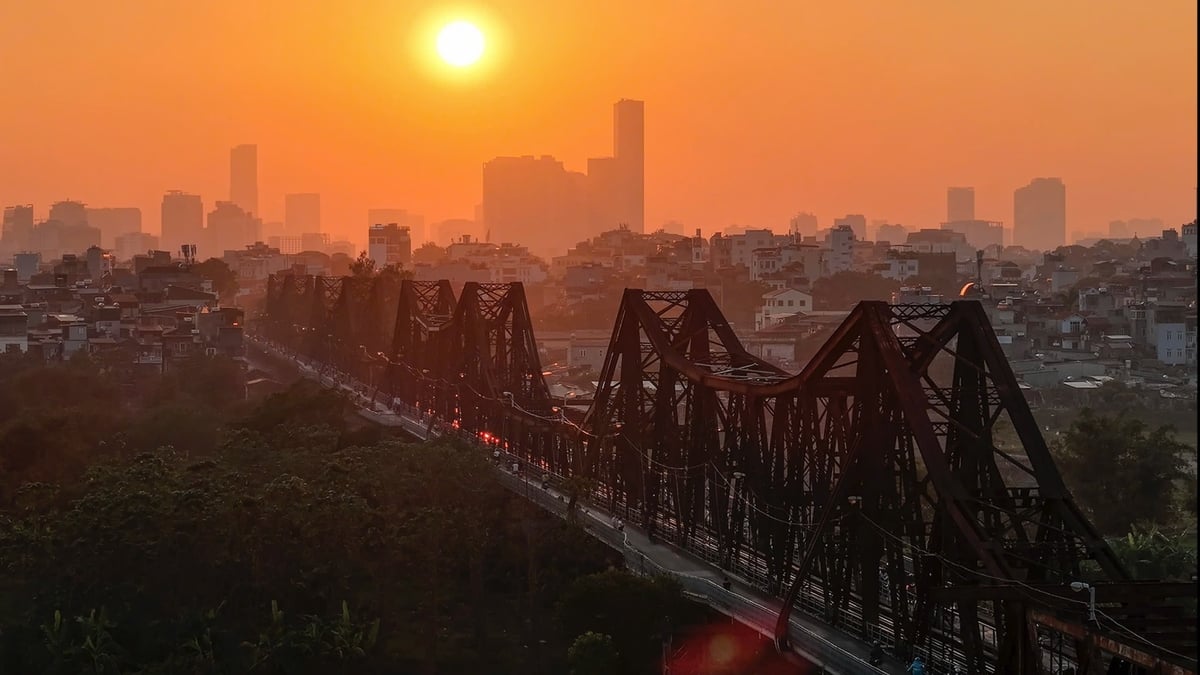
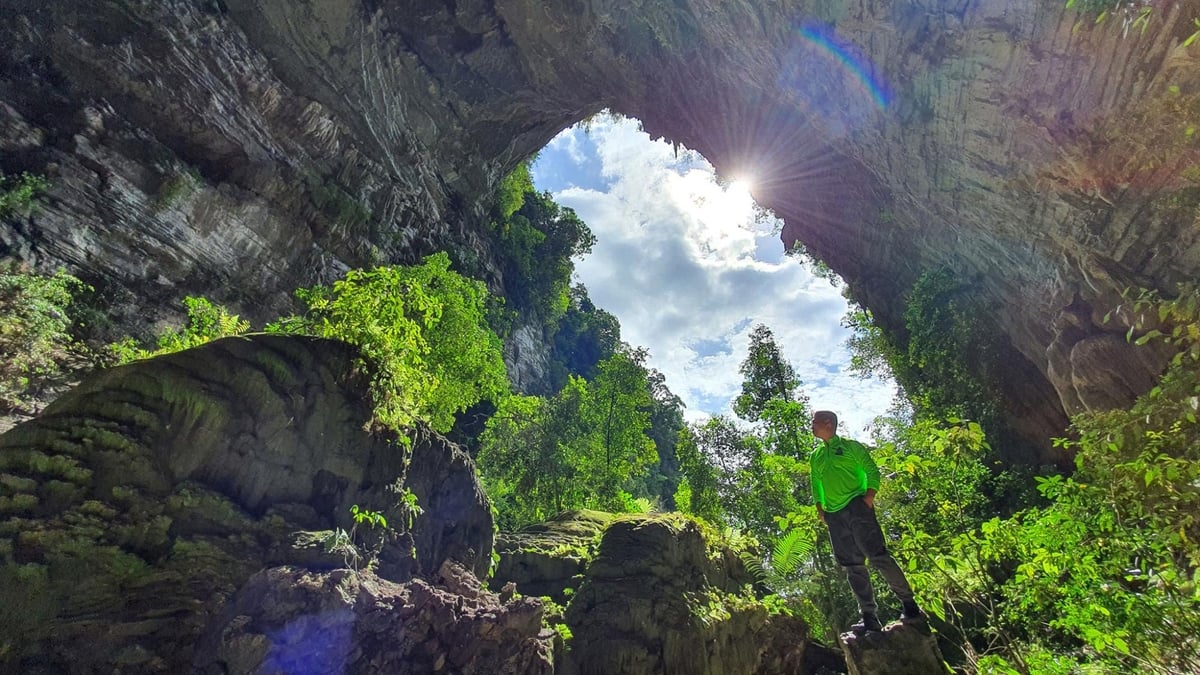
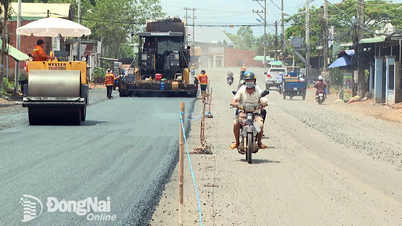

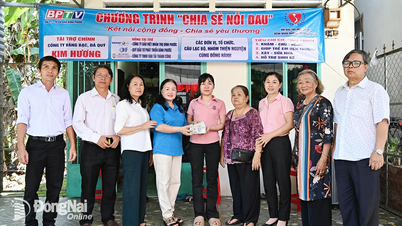
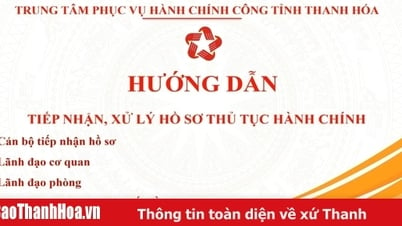

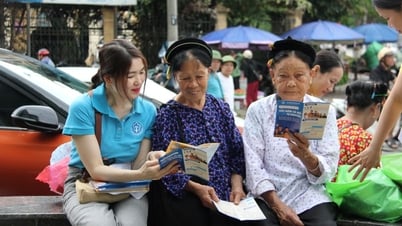

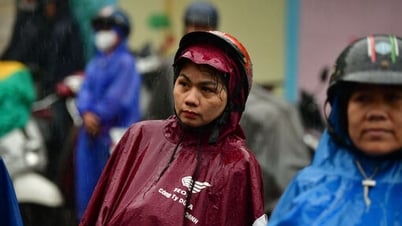

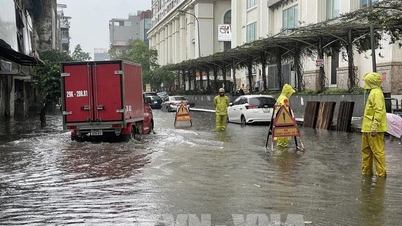





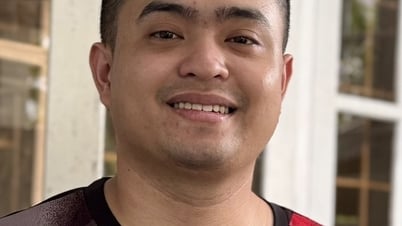
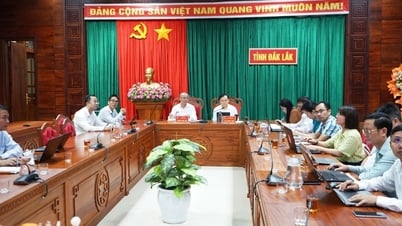
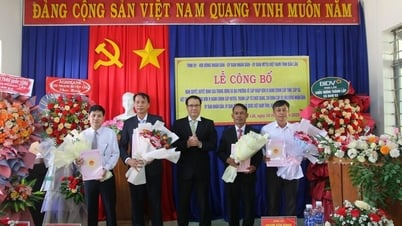
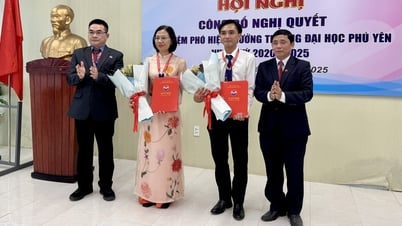
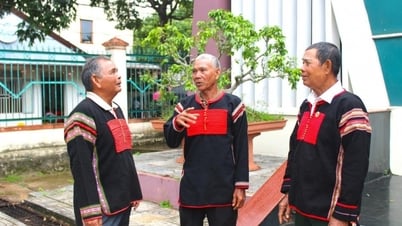
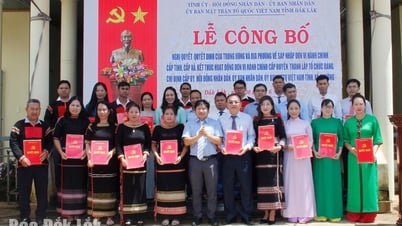
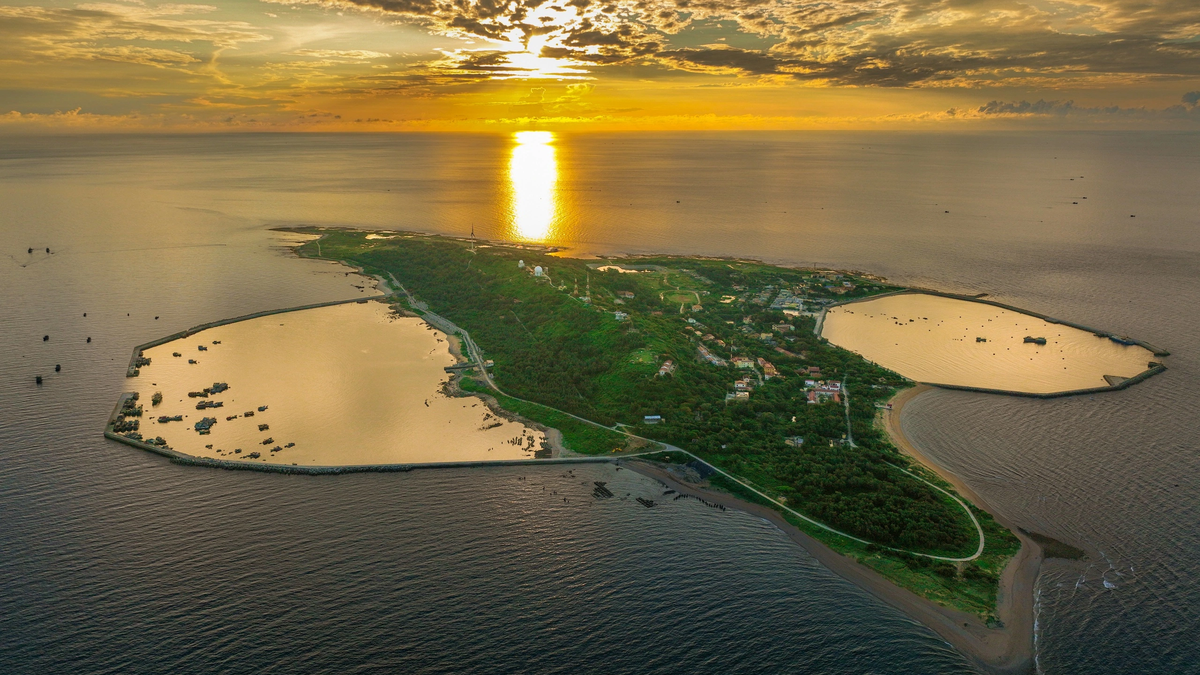
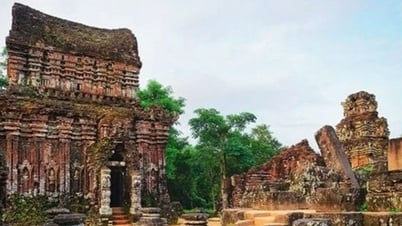



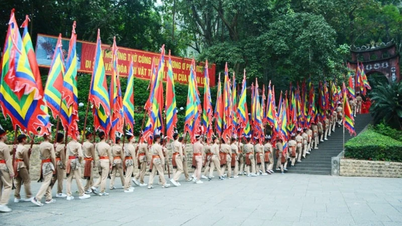

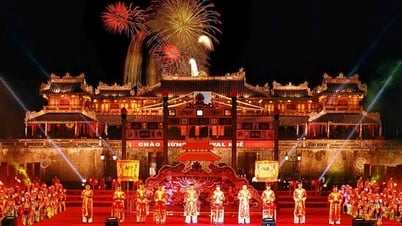

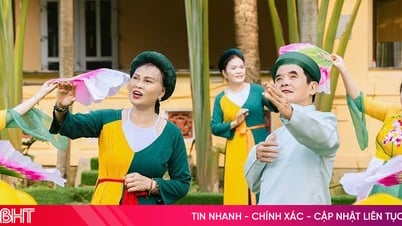




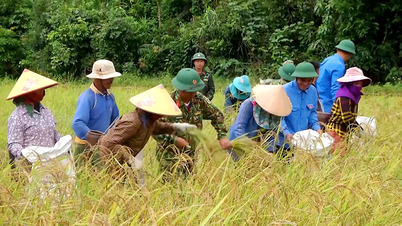
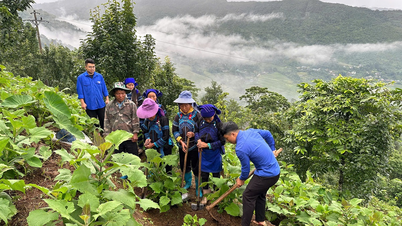
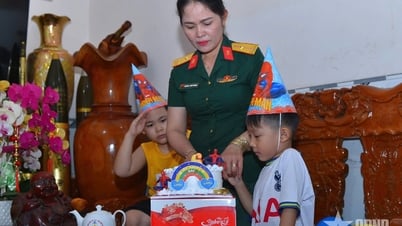
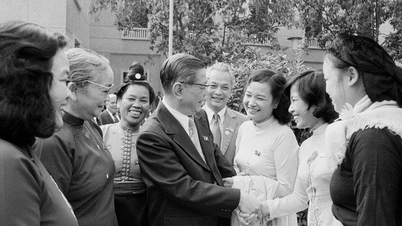
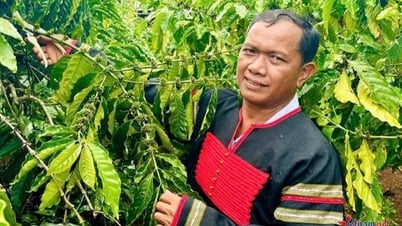

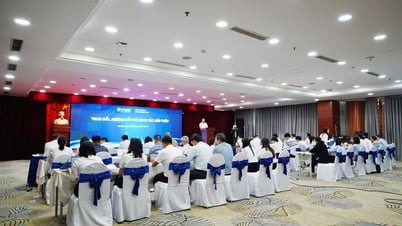

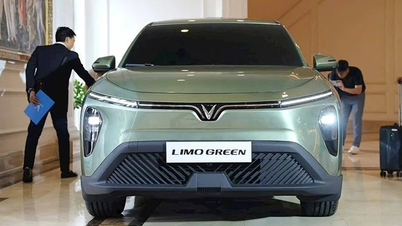


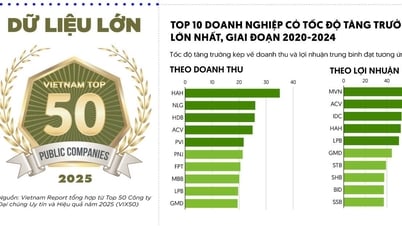

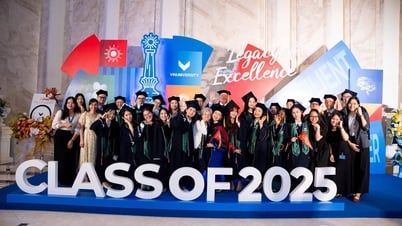


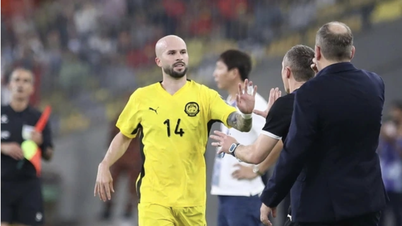

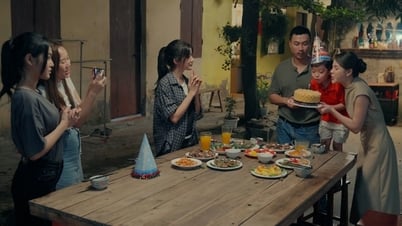

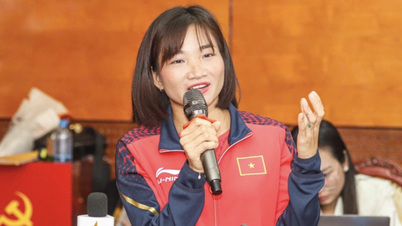
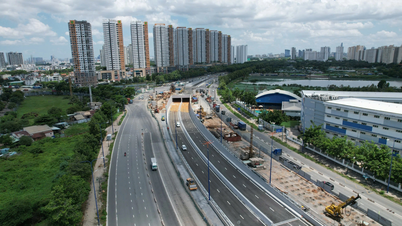
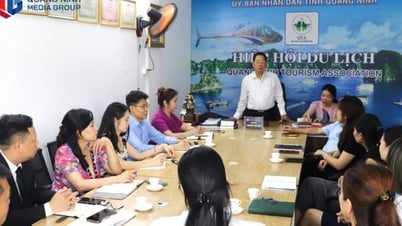

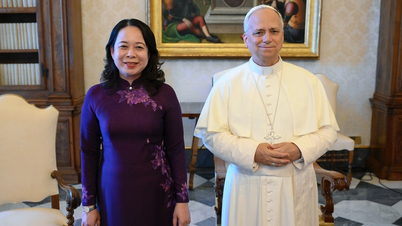

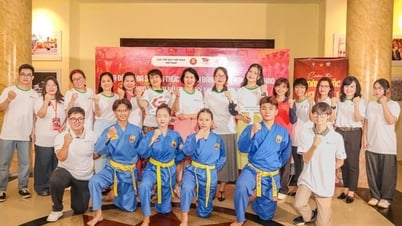
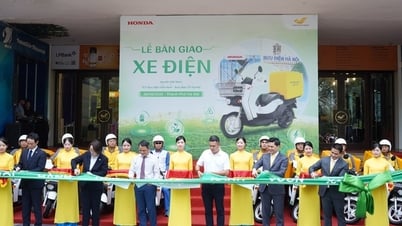

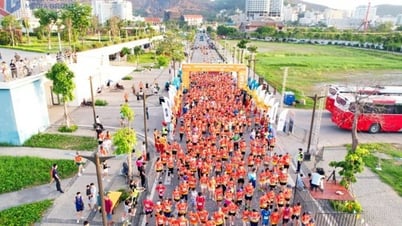
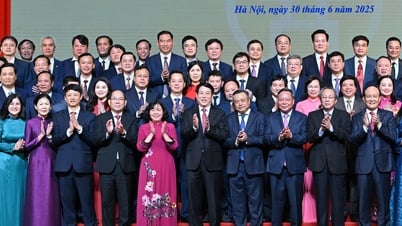
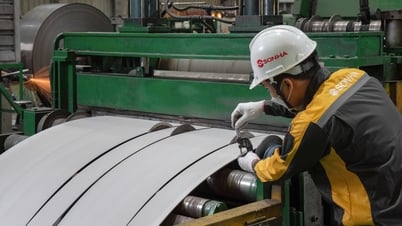

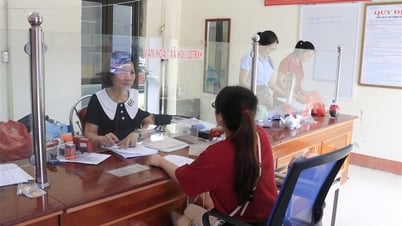
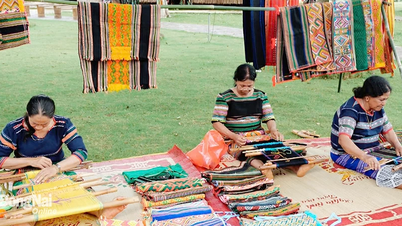
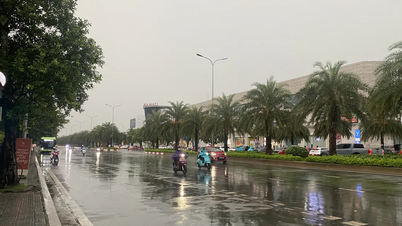













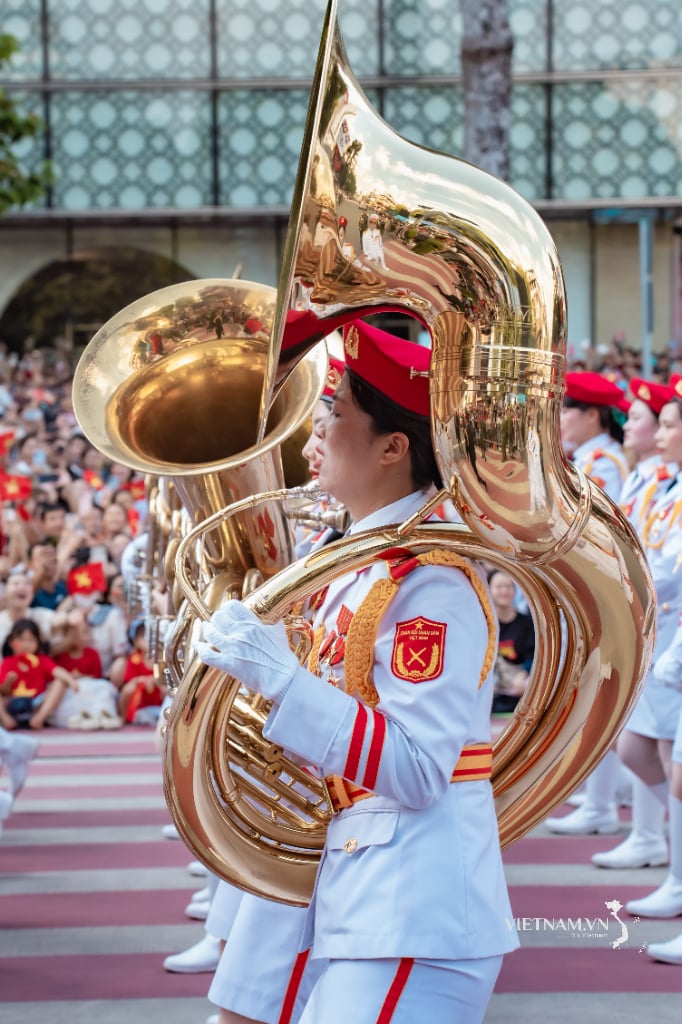


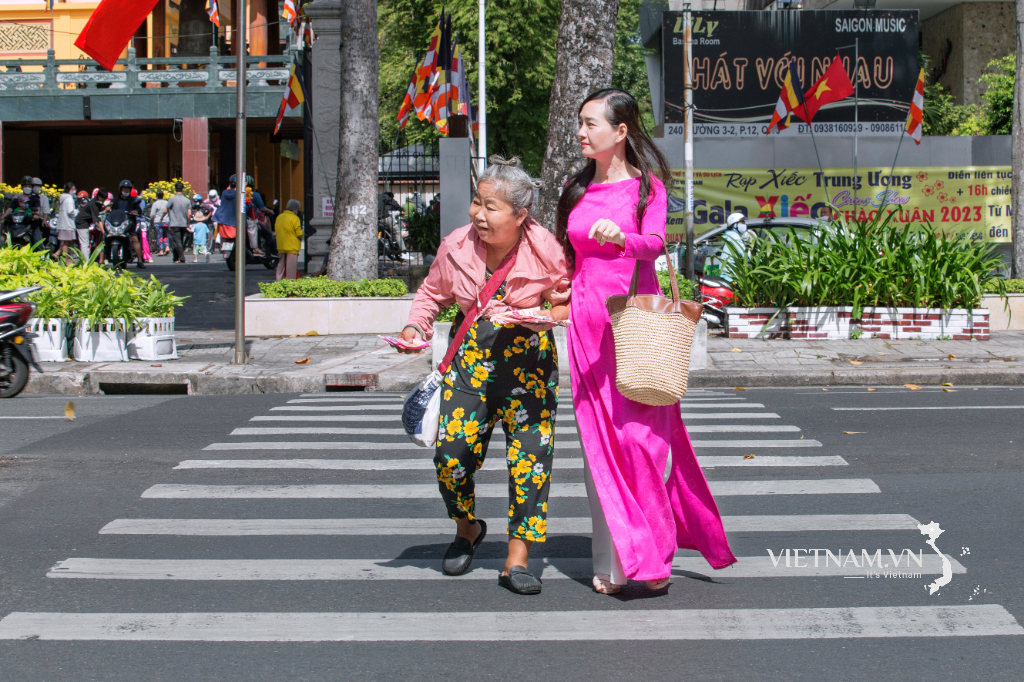
Comment (0)